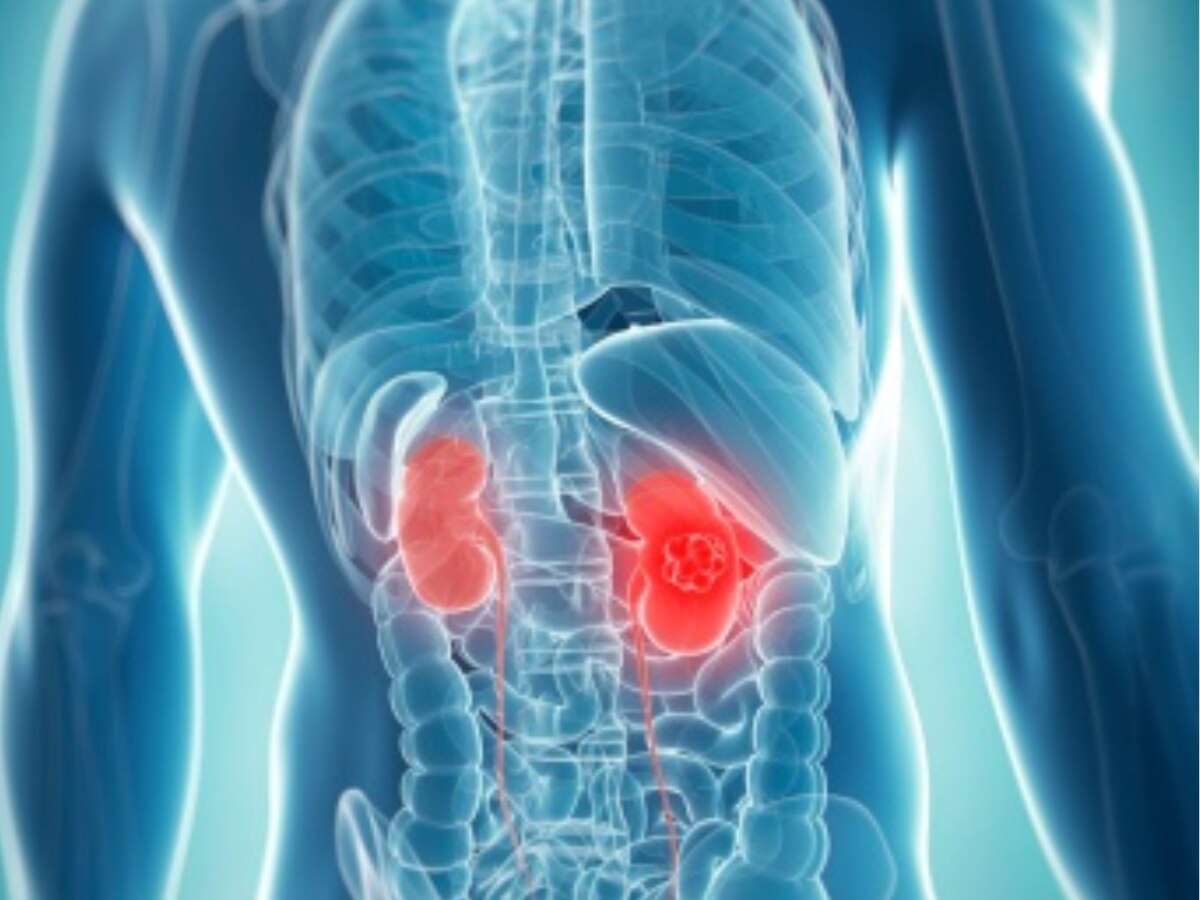Understanding Hereditary Kidney Cancers and its Management Strategies
Key Highlights :
1. By Dr Moushumi Suryavanshi Kidney cancer can occur sporadically, but in around eight to 12 per cent of cases, it has a hereditary component. [Hereditary kidney cancers are caused by specific genetic mutations or alterations inherited from one or both parents.]
2. These genetic mutations increase an individual's susceptibility to developing kidney cancer. [These mutations can be present in certain genes that are responsible for regulating cell growth, division, DNA repair, and other crucial functions within the body.]
3. When these genes acquire harmful mutations, they can no longer perform their functions effectively, leading to an increased risk of cancer development. [Some common hereditary kidney cancer syndromes are Von Hippel-Lindau (VHL) Syndrome, Hereditary Leiomyomatosis and Renal Cell Cancer (HLRCC), and Birt-Hogg-Dubé (BHD) Syndrome.]
4. Patients with multiple kidney tumours regardless of age, anyone who has kidney cancer before the age of 40 years, anyone who has a blood relative with a known hereditary renal cancer syndrome, and patients who are suspected by the clinician based on their pathology report should be screened for hereditary kidney cancers. [A consultation with a genetic counsellor or medical geneticist, who reviews the individual's personal and family medical history and assesses the likelihood of an inherited cancer predisposition, is required.]
5. If the decision is made to proceed with genetic testing, a blood or saliva sample will be collected for laboratory testing. [The collected sample is sent to a specialised laboratory for genetic analysis.]
6. In the laboratory, the DNA within the cells of the sample is extracted and analysed for specific genetic mutations or alterations associated with cancer risk. [Various techniques, such as next-generation sequencing, multiplex ligation-dependent probe amplification (MLPA), or microarray analysis, may be used to identify mutations in specific genes or to scan the entire genome for abnormalities.]
7. Once the genetic analysis is complete, the laboratory generates a report with the test results. [The report is then sent to the healthcare provider who ordered the test.]
8. After the test results are available, individuals typically have a follow-up session with a genetic counsellor or healthcare provider to discuss the findings. [The genetic counsellor or health care worker will explain the significance of the identified genetic mutations, their associated cancer risks, and the recommended surveillance, management, or prevention strategies based on the results.]
9. Management Strategies Regular Screening and Imaging: Surveillance protocols are tailored to the specific hereditary syndrome and individual risk. Regular imaging studies, such as abdominal CT scans or MRIs, can aid in the early detection of kidney tumours. The frequency and age of initiation may vary depending on the syndrome and gene involved. Nephron-sp

Continue Reading at Source : abplive
Tags:
Health
